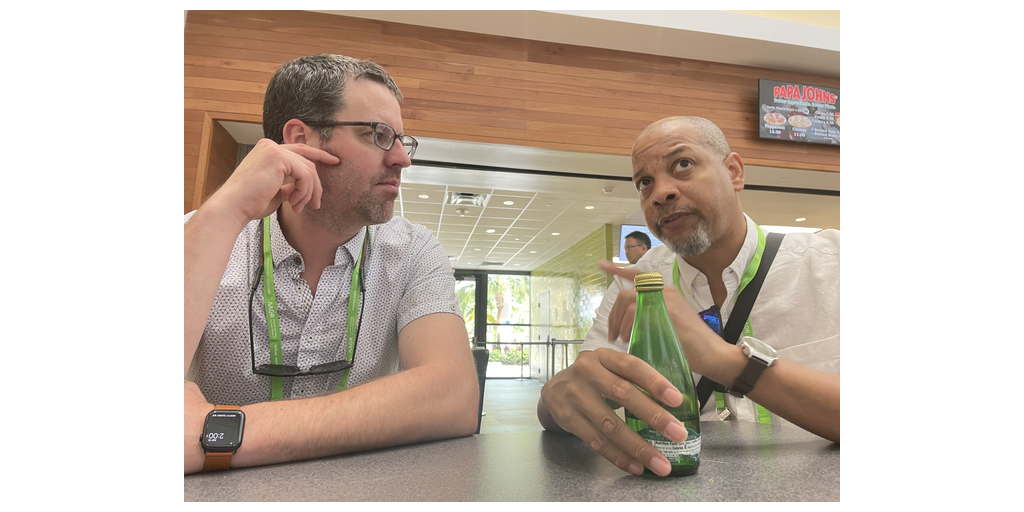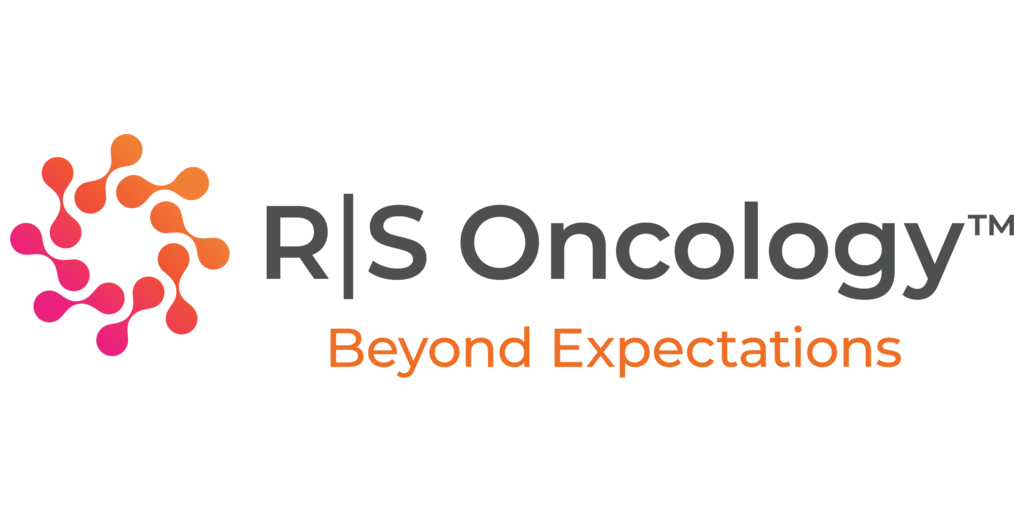Data presented by Dr. Dean Fennell in an oral presentation at the IASLC 2023 World Conference on Lung Cancer in Singapore
RS Oncology’s novel therapy RSO-021, a first-in-class inhibitor of the antioxidant protein PRX3, was shown to reverse many of the features associated with aggressive mesothelioma tumor growth
CAMBRIDGE, Mass.–(BUSINESS WIRE)–#Lungcancer—RS Oncology, a clinical stage biotechnology company developing innovative therapies to eradicate mesothelioma and other diseases, was part of a collaboration that recently shared new preclinical data at the IASLC 2023 World Conference on Lung Cancer in Singapore. The data, presented by Dr. Dean Fennell, represented a partnership between RS Oncology and other lead research institutions, including the University of Leicester and the Cunniff Laboratory at the University of Vermont Cancer Center.
Mesotheliomas can transform from a less aggressive epithelioid malignancy to a more aggressive sarcomatoid form. Using biphasic mesotheliomas as a model containing both epithelioid and sarcomatoid features, investigators at the University of Leicester, led by Dr. Fennell, conducted a geospatial analysis of patient tissues to explore the molecular signatures associated with the histological regions.
Using sophisticated spatial analysis tools coupled with machine learning approaches, the group found that the more aggressive sarcomatoid regions had distinct molecular signatures driving pro-tumor pathways, drug resistance, and increased metastatic potential. These findings were validated across an independent cohort of 150 mesothelioma patient tissues. Notably, tumor regions containing sarcomatoid tissue showed features of increased resistance to oxidative stress – a critical tumor cell adaptation for survival.
In collaboration with Dr. Brian Cunniff’s laboratory, the team then evaluated molecular signatures of human biphasic mesothelioma tumor cells following treatment with the irreversible PRX3 inhibitor RSO-021, which is currently being evaluated in a Phase 1/2 clinical trial in patients with malignant pleural effusion caused by advanced/metastatic solid tumors (NCT05278975). RSO-021 treatment reversed the gene signatures associated with epithelial-to-sarcomatoid transition, including downregulation of hypoxia, glycolysis, and epithelial-to-mesenchymal transition (EMT)-associated genes. These results suggest that this transition, thought to be unidirectional in nature, may be PRX3-dependent, druggable, and now reversible.
“Sarcomatoid tumors are highly resistant to anti-cancer therapies, and many patients run out of available treatment options. Our findings might have unveiled a druggable ‘Achilles Heel’ against this terrible disease,” said Dr. Fennell, presenting author on the study. “The ability to treat such tumors with RSO-021 and revert them to epithelioid malignancies could delay or even prevent emergence of the most aggressive features associated with mesothelioma. Further, RSO-021 could potentially sensitize them to other treatments.”
Presentation Details
Abstract Number: MA17.11
Session: MA17 – Current Standards and Future Directions in Mesothelioma
Title: Spatial Transformation in Mesothelioma Involves a Hypoxia-TGF Beta-EMT Axis that is Reversible via PRX3 Inhibition
Date: Tuesday, September 12, 10:45 AM UTC +8
About RS Oncology
RS Oncology (RSO) is a clinical stage biotechnology company based in Cambridge, Massachusetts with a mission to eradicate mesothelioma and other diseases worldwide through novel science and an innovative business model.
Contacts
Jarrett Duncan, CEO
[email protected]










